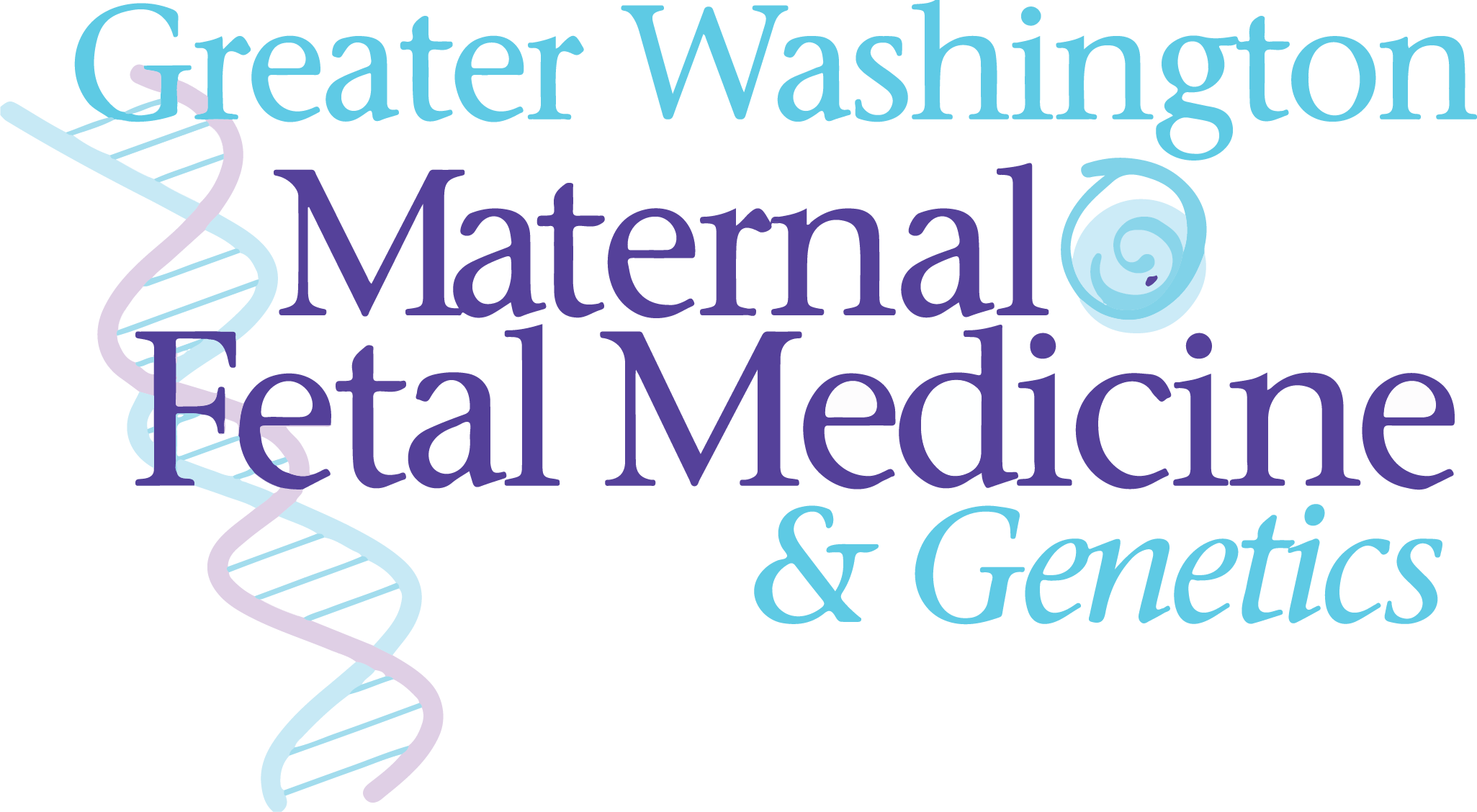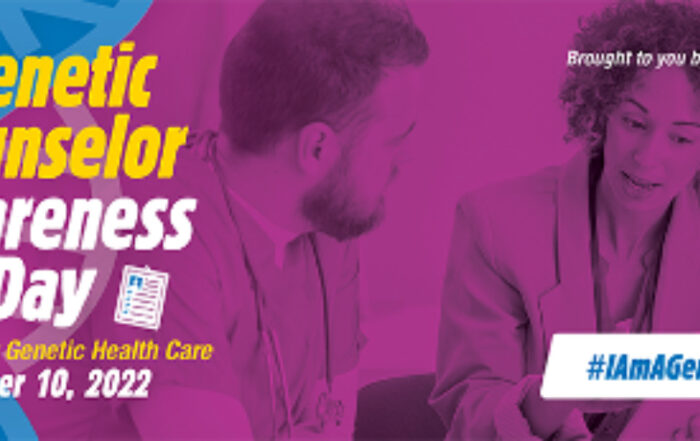Cancer Treatment During Pregnancy: What To Expect
October 17, 2022

Cancer is a serious disease that can have a profound impact on a pregnant individual and their developing baby. Cancer treatment during an ongoing pregnancy is available in many, but not all, cases. It’s important to work with a team of healthcare providers who are experienced in caring for pregnant individuals with cancer. These providers can help you understand the risks and benefits of various treatment options and make the best decisions for you and your pregnancy.
There are several types of cancer treatments available, including surgery, radiation therapy, chemotherapy, and targeted therapy. The type of treatment recommended will depend on the type of cancer, its stage, and other factors, including coordination between your oncology team and your prenatal health team.
Surgery is often the first line of treatment for cancer, including during pregnancy. If the cancer is in an early stage and has not spread, it may be possible to remove the tumor without harming the baby. The American College of Obstetrics and Gynecology recommends necessary surgery during the 2nd trimester to reduce fetal risks due to anesthesia exposure in the first trimester or increased risk of early labor in the 3rd trimester. A pregnant patient cannot be denied life-saving treatment during any trimester. If the cancer is progressing rapidly, a cesarean section (C-section) before the baby’s due date may be necessary to deliver the baby before surgery, or possibly harmful treatments can be performed.
Radiation therapy uses high-energy beams to kill cancer cells. It can be given externally, from a machine outside the body, or internally, through temporary implants or injections. External radiation therapy is not typically used during pregnancy because it can harm the developing fetus. Internal radiation therapy, however, may be an option in some cases.
One way to kill cancer cells is through chemotherapy treatment. Treatment may be given intravenously (through a vein) or orally (in pill form). Some chemotherapy drugs can cross the placenta and increase the risk of fetal harm; however, there are several chemotherapy drugs that studies have shown are safe for both the mother and fetus during the second and third trimesters of pregnancy. Your doctors will weigh the risks and benefits of chemotherapy before prescribing it. The risks of not treating cancer may be greater than the risks of chemotherapy.
Targeted therapy is a newer type of cancer treatment that uses drugs to target specific molecules involved in the growth and spread of cancer cells. This type of therapy is generally considered safe for use during pregnancy. In addition, some clinical trials are open to pregnant patients with cancer. Clinical trials are research studies that confirm if new treatments work better than previous treatments. Taking part in a clinical trial is an important decision that should be made with the help of your healthcare team.
When you opt to receive cancer treatment while pregnant, be open to a dialogue with your healthcare team on how the treatment will affect you and your child. This is because some patients have to terminate their pregnancy, which may be a difficult decision, but is the best option for the pregnant individual’s long-term health and survival. Each diagnosis is unique, and the decision to terminate a pregnancy due to cancer should be made by the patient with the help of their medical team after carefully considering all of the risks and options. Reassuringly, cancer cells do not cross the placenta and cannot be passed on to a fetus from the pregnant parent.
Cancer treatment during pregnancy can be complex, but it is possible to treat many types of cancer while keeping risks to the developing fetus as low as possible. If you are pregnant and have been diagnosed with cancer, it is important to know that there are many treatment options available. You don’t have to choose yourself or the pregnancy, often the health of both can be supported. Our physicians have experience in supporting pregnancies that are high-risk due to ongoing maternal cancer and we would be honored to be part of your prenatal healthcare team if you find yourself facing cancer while pregnant.




